China’s Ministry of Commerce announced on October 10 that it had added Canada-based TechInsights to its “unreliable entity” list, citing national security concerns. The decision prohibits any Chinese individuals or organizations from sharing information or working with TechInsights.
TechInsights is well-known in the global tech industry for its detailed analysis of chips made in China and was the first to announce many of Huawei’s advances. The ban comes less than a week after the company published a teardown of Huawei’s latest AI chip, revealing it used foreign components.

According to TechInsights, Huawei’s Ascend 910C AI chip contains components from memory makers like Samsung Electronics and the world’s leading chipmaker TSMC. Both companies are subject to US export controls that prohibit them from selling advanced technologies to Chinese customers.
Huawei has been on the US trade blacklist since 2019, preventing US-linked chipmakers from working directly with the company. In response, Beijing and its industry players are working to build an autonomous semiconductor supply chain.
Huawei is considered the “locomotive” in this strategy, when developing AI chips to replace Nvidia products. However, new findings from TechInsights show that Huawei is still somewhat dependent on foreign technology.
Apart from what third-party research firms like TechInsights and SemiAnalysis have revealed, Huawei has released very little official information about its chip manufacturing operations. Many previous reports said Huawei cooperated with SMIC - China's leading chipmaker and rival to TSMC - but both sides have remained silent since Huawei was blacklisted by the US.
Last year, TechInsights discovered a Huawei product using chip components from TSMC, raising doubts about the effectiveness of US export controls. The latest report on Huawei's AI chips could further reignite those concerns.
Many Chinese chip companies have exploited loopholes in US regulations, relying on imported chips and components stockpiled before the new restrictions took effect, experts say.
(According to CNBC)
Source: https://vietnamnet.vn/trung-quoc-cam-cua-cong-ty-canada-dome-xe-chip-huawei-2451203.html










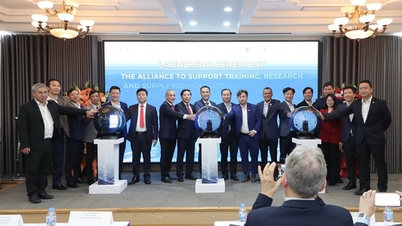

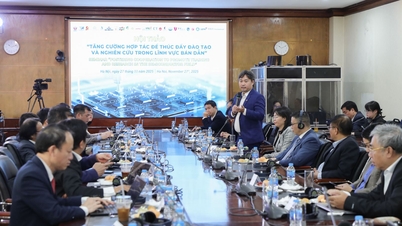

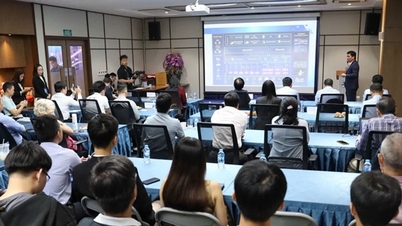

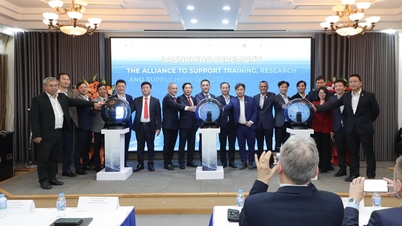

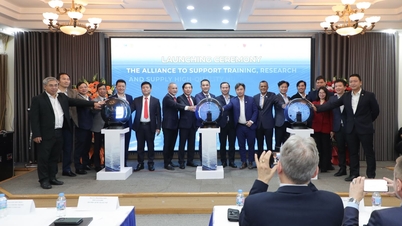
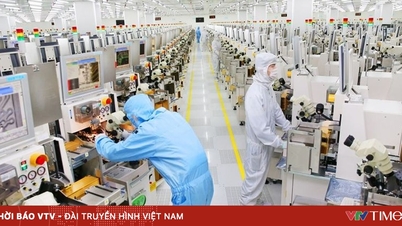


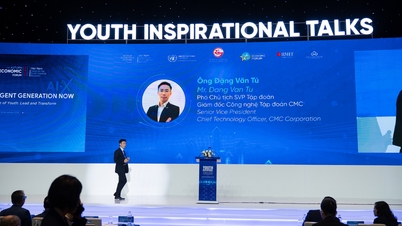









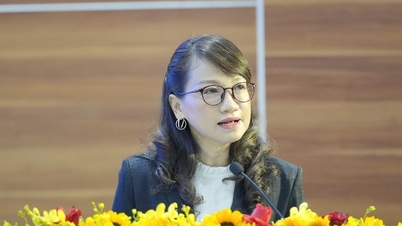









































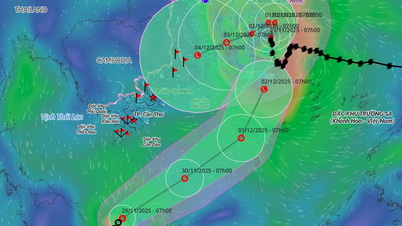
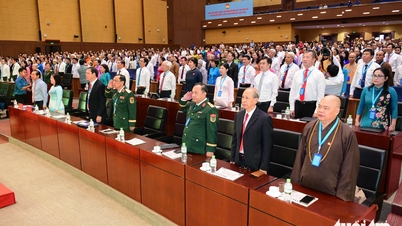
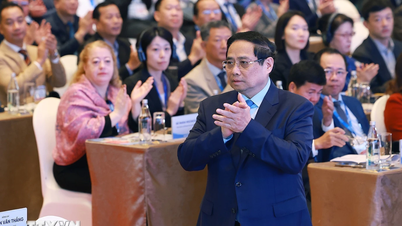











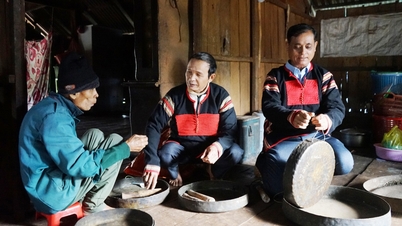
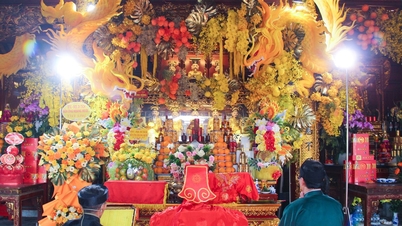

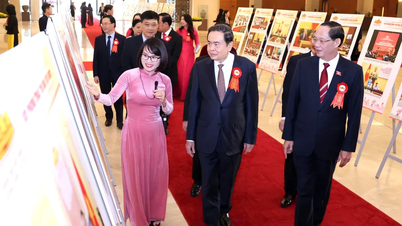

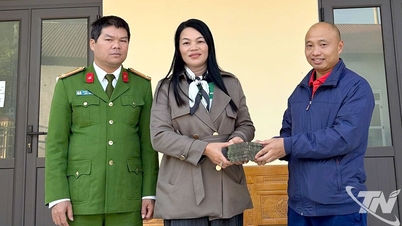













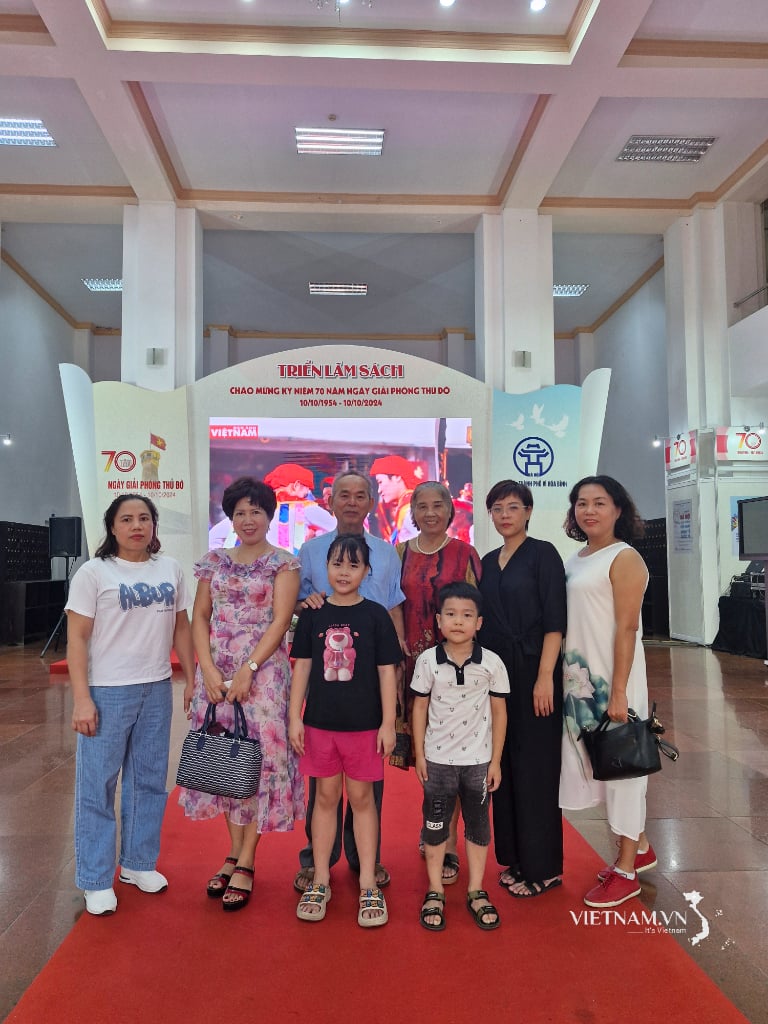


Comment (0)